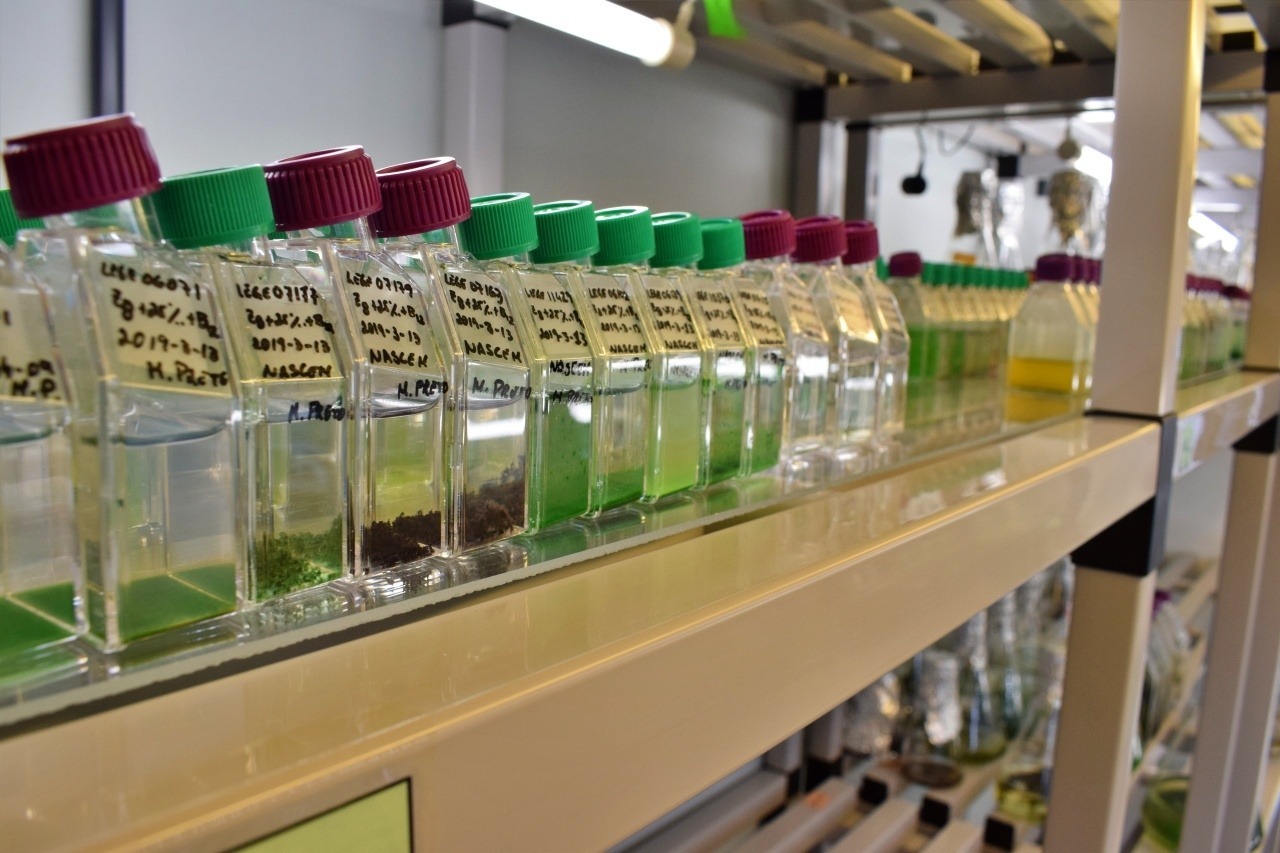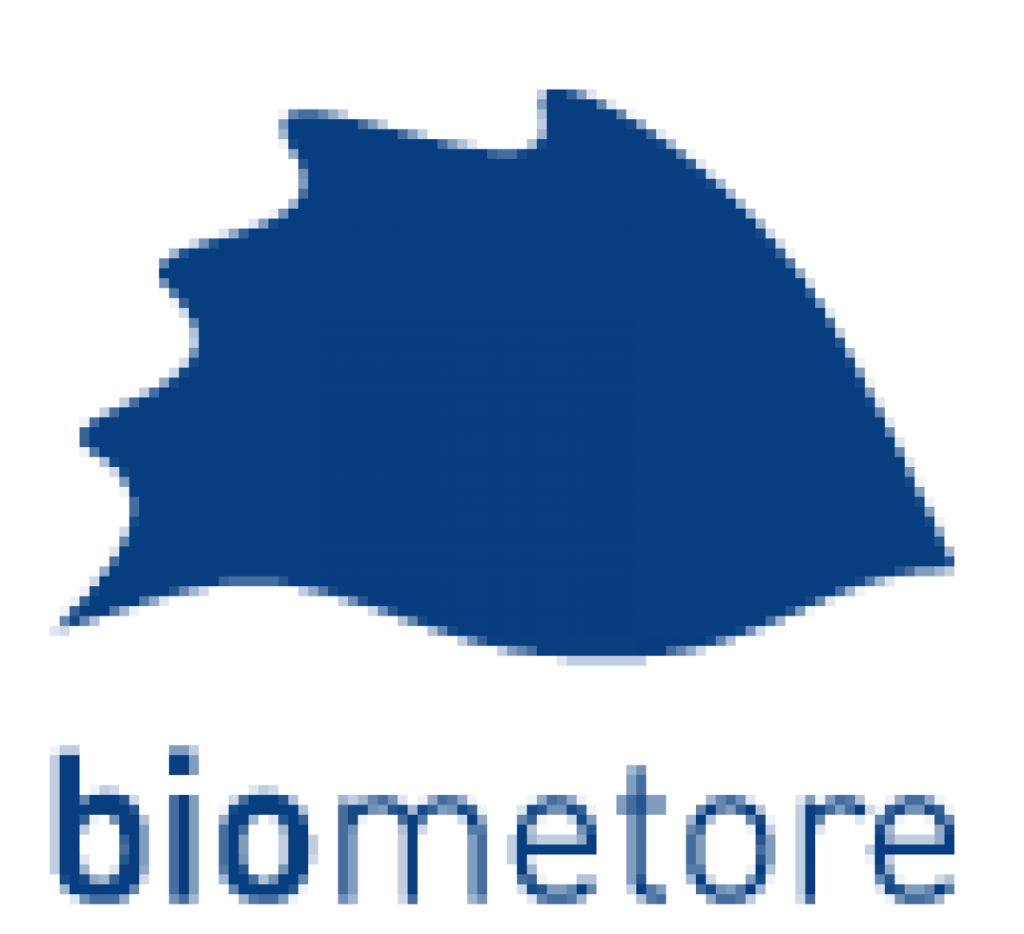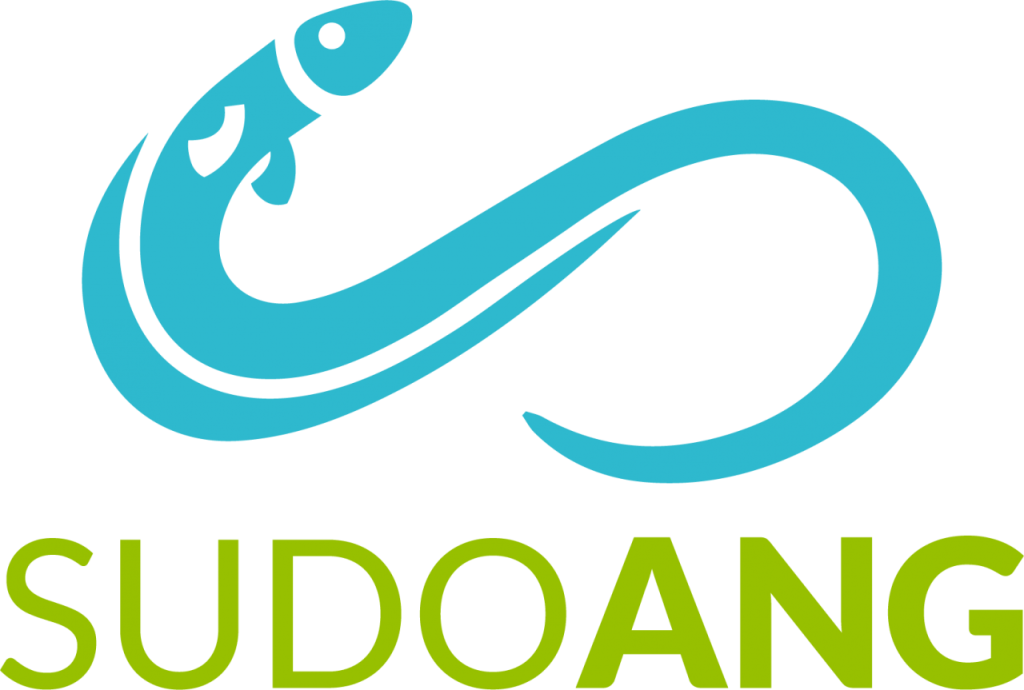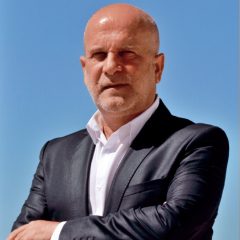
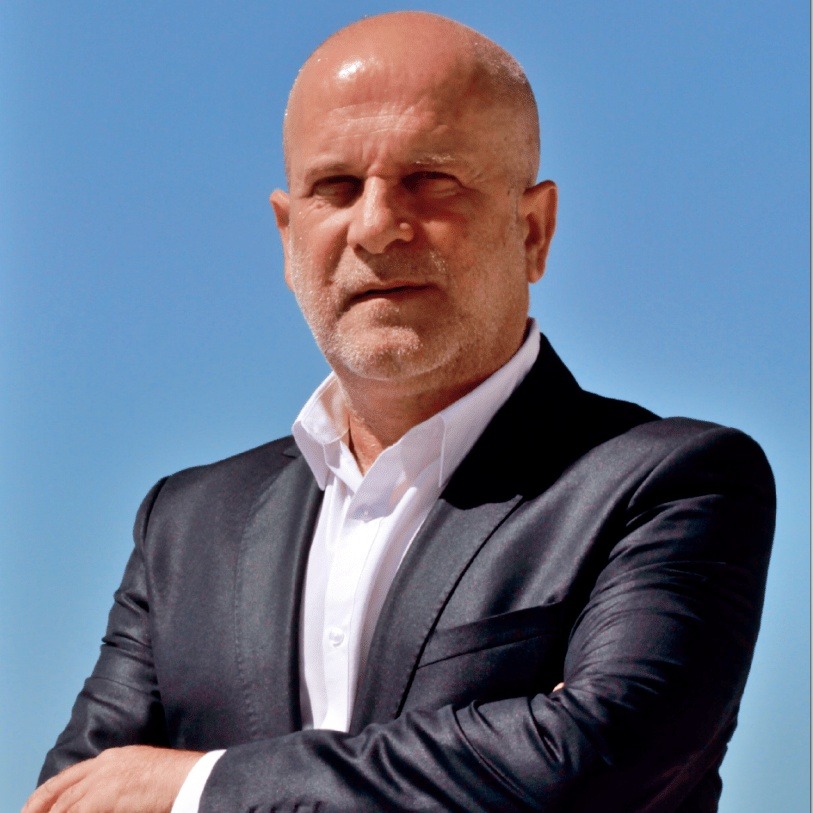
Group Leader
PhD in Biology at FCUP, Porto. Full Professor – Faculty of Sciences of Porto University and director of CIIMAR – Interdisciplinary Center of Marine and Environmental Research, Chief Strategy Officer – Agriculture – Fykia Biotech. Director of the Team of Blue Biotechnology and Health (BBE) of CIIMAR.
Main research: cyanobacteria secondary metabolites: toxins and molecules with biotechnological applications. Director of the LEGE culture collection comprising more than 2000 strains of cyanobacteria and microalgae. Published 490 papers in Biotechnology and Ecotoxicology. Coordinator of two H2020 projects: RISE and ERA Chair.
Director of the Doctoral Program in Marine Biotechnology and Aquaculture (U Porto and U Minho).

